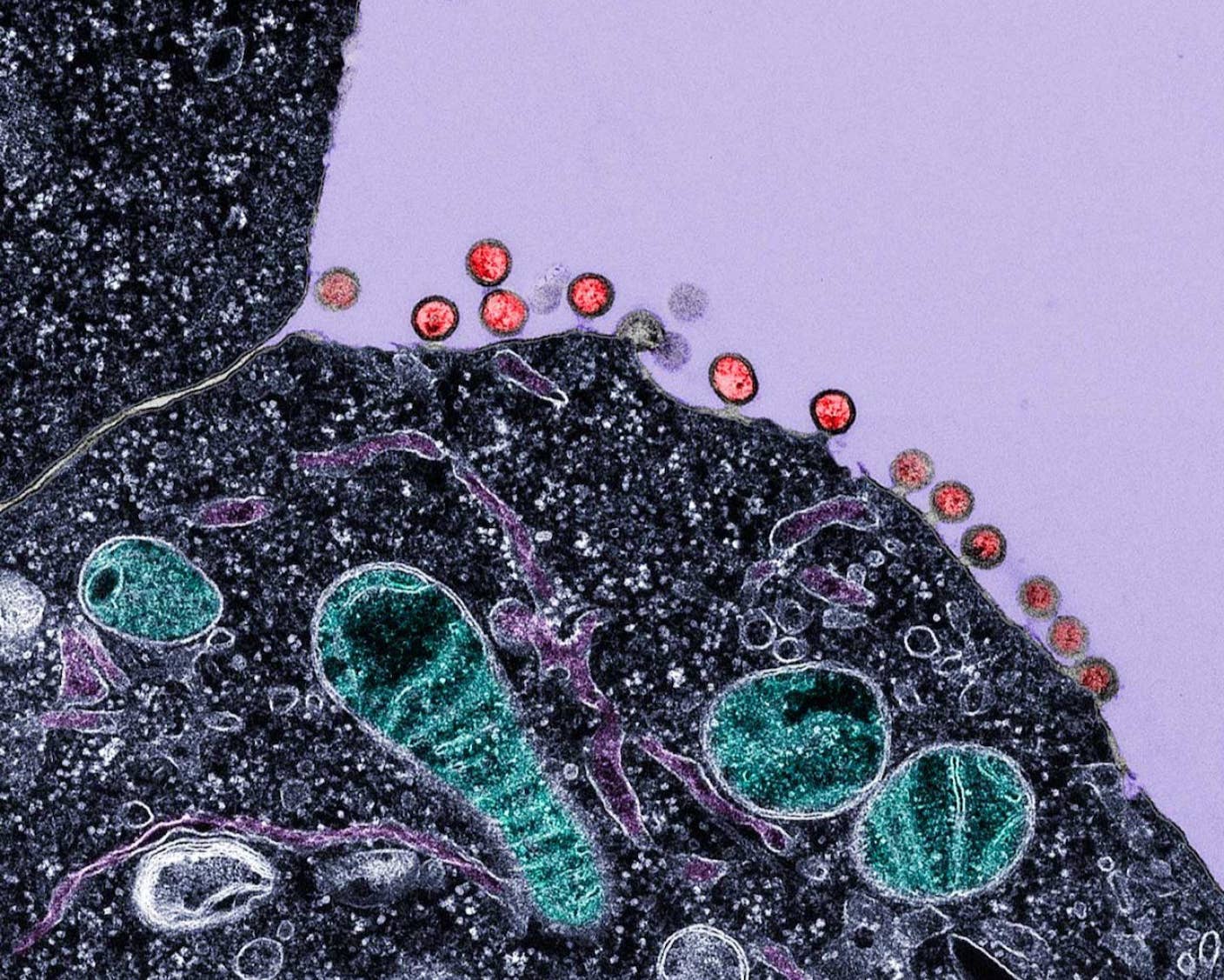What We’re Reading This Week Across the Web (Through Apr 25)

Share
COMPUTING: HP's Audacious Idea for Reinventing Computers
Tom Simonite | Technology Review
"Nearly three-quarters of the people in HP’s research division are now dedicated to a single project: a powerful new kind of computer known as 'the Machine.' It would fundamentally redesign the way computers function, making them simpler and more powerful. If it works, the project could dramatically upgrade everything from servers to smartphones—and save HP itself."
WEARABLES: Digital tattoo lets you control devices with mind power alone
Hal Hodson | New Scientist
"The focus is on medical applications to begin with...but the fact that it can sit discreetly behind an ear means that all kinds of other applications are feasible. No one wants to wear a headset constantly, but applying a hidden electronic tattoo once every two weeks is more acceptable."
AUGMENTED REALITY: Glass a failure? Luxottica and Google may turn ‘Glassholes’ into fashion plates
Christian de Looper |Tech Times
"It was never assumed that Google would be done with Glass entirely, even when it shut down its original program for it. In fact, Google even released statements saying that it would continue working on the project for the future."
SINGULARITY: What if one country achieves the singularity first?
Zoltan Istvan | Motherboard
"Once uploaded, would your digital self be able to interact with your biological self? Would one self be able to help the other? Or would laws force an either-or situation, where uploaded people’s biological selves must remain in cryogenically frozen states or even be eliminated altogether?"
CITIES: 3 Cities Using Open Data in Creative Ways to Solve Problems
Tanvi Misra | CityLab
"The idea is not just to teach city governments new techniques on harvesting open data to tackle urban problems and measure performance, but to replicate successful approaches that are already out there."
TECHNOLOGY TRENDS: Breaking Moore's Law? Does Not Compute
Virginia Postrel | Bloomberg View
"This suggests, Sichel said in an interview, 'that technological progress is much more rapid than you’d infer from the official statistics and that maybe there isn't such a puzzle.' Chips are still getting better, faster, and cheaper. Intel just changed the way it advertises their prices, and that change distorted the official numbers."
Be Part of the Future
Sign up to receive top stories about groundbreaking technologies and visionary thinkers from SingularityHub.


MEDIA: Putting the Data Science into Journalism
Keith Kirkpatrick | Communications of the ACM
"'There's this whole realization that if news organizations are to attract an audience, it's not going to be by spewing out the stuff that everyone else is spewing out,' says David Herzog, a professor at the University of Missouri ...'It is about giving the audience information that is unique, in-depth, that allows them to explore the data, and also engage with the audience.'"
PSYCHOLOGY: What if Your Computer Cared About What Makes You Smile?
Kyle Vanhemert | WIRED
"Your computer isn’t a person, but as psychological studies have shown, you often can’t help but treat it like a one. "
SCIENCE FICTION: The Cities Science Fiction Built
Adam Rothstein | Motherboard
"In the city of the future, trains would rocket across overhead rails, airplanes would dive from the sky to land on the roof, and skyscrapers would stretch their sinewed limbs into the heavens to feel the hot pulse of radio waves beating across the planet. This artistic, but unbridled enthusiasm was the last century’s first expression of wholesale tech optimism."
[photo credit: NASA/Flickr]
David started writing for Singularity Hub in 2011 and served as editor-in-chief of the site from 2014 to 2017 and SU vice president of faculty, content, and curriculum from 2017 to 2019. His interests cover digital education, publishing, and media, but he'll always be a chemist at heart.
Related Articles

This Week’s Awesome Tech Stories From Around the Web (Through December 13)

New Immune Treatment May Suppress HIV—No Daily Pills Required

How Scientists Are Growing Computers From Human Brain Cells—and Why They Want to Keep Doing It
What we’re reading